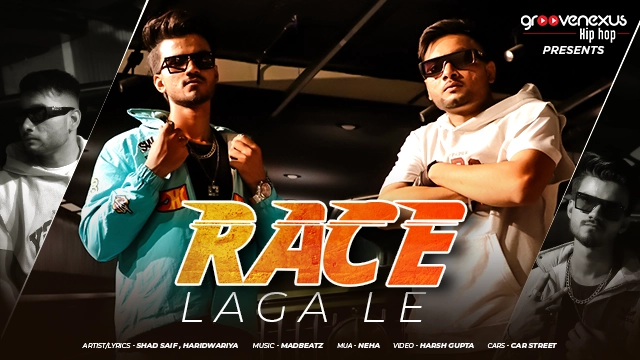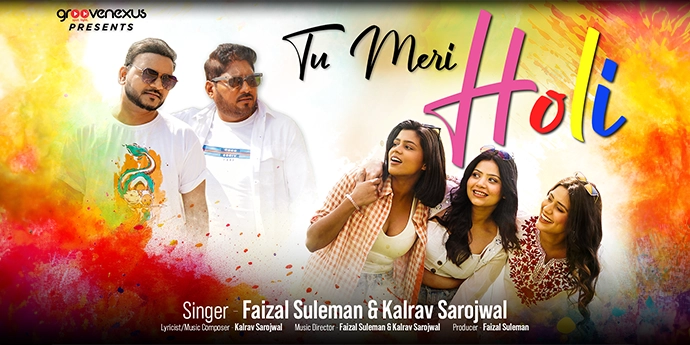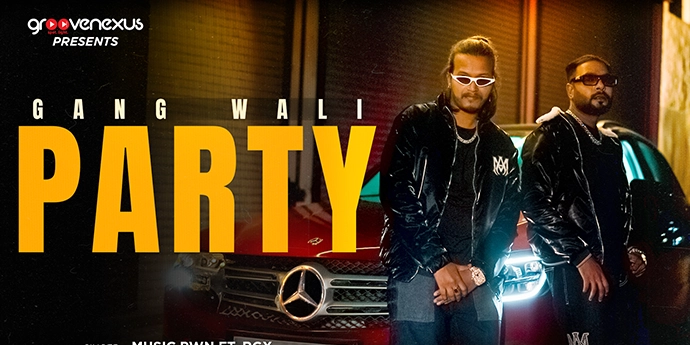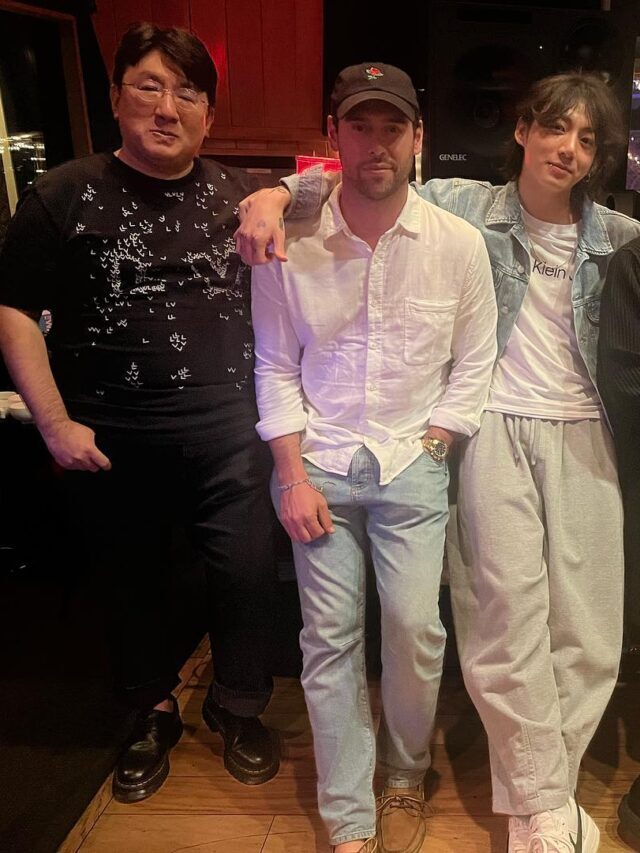In a heated open letter titled “Why we must call Time Out on TikTok,” Universal Music Group (UMG), the world’s largest music company, has issued a stark warning to TikTok, threatening to remove its extensive song catalog from the popular social media platform. The move comes after both parties failed to reach an agreement on critical issues, including artist compensation and the use of artificial intelligence (AI), with UMG accusing TikTok of attempting to strong-arm them into an unfavorable deal.
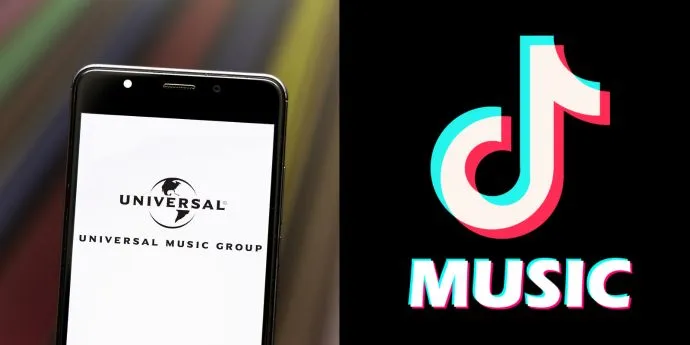
UMG’s current agreement with TikTok is set to expire within the next 24 hours, putting some of the world’s most beloved music at risk of disappearing from the platform. Chart-toppers like Taylor Swift, Harry Styles, and the recently viral hit “Murder on the Dancefloor” could be among the casualties.
In the scathing letter, UMG accused TikTok, owned by Chinese company ByteDance, of trying to “bully” and “intimidate” them into accepting a deal that significantly undervalues their music. The company claimed that TikTok’s proposed deal was worth less than the previous one and did not reflect the fair market value, considering the platform’s exponential growth.
TikTok, known for allowing users to create short-form videos set to licensed music, is facing the potential loss of UMG’s vast music collection, which includes iconic artists such as the Beatles, Bob Dylan, Drake, Ariana Grande, and many more. Sophie Ellis-Bextor’s “Murder on the Dancefloor,” a recent TikTok sensation, is also under threat of removal.
UMG stated that TikTok accounts for only about 1% of its total revenue, highlighting what they perceive as inadequate compensation for artists and songwriters. Allegedly, TikTok proposed a payment rate significantly lower than other major social platforms during negotiations.
The dispute escalated when TikTok, according to UMG, resorted to removing the music of some developing artists as a form of intimidation, while retaining content from more prominent stars on the platform. UMG insisted that TikTok’s tactics aim to force them into accepting an unfavorable deal.
In response, TikTok accused UMG of prioritizing greed over the interests of their artists and songwriters. Despite UMG’s narrative, TikTok emphasized its support as a powerful platform with over a billion users, serving as a free promotional and discovery vehicle for talent.
The conflict arises as TikTok expands into music creation and AI technology. With the launch of TikTok Music and the introduction of an “AI Song” feature, allowing users to create songs using prompts, UMG expressed concern about the platform being flooded with AI-generated recordings. UMG accused TikTok of sponsoring artist replacement by AI, criticizing the platform’s inefficient process for addressing copyright infringement.
While TikTok holds similar agreements with other major music companies, including Sony and Warner Music, it remains to be seen whether these companies share UMG’s concerns or if a resolution can be reached before the looming expiration of the current agreement.


